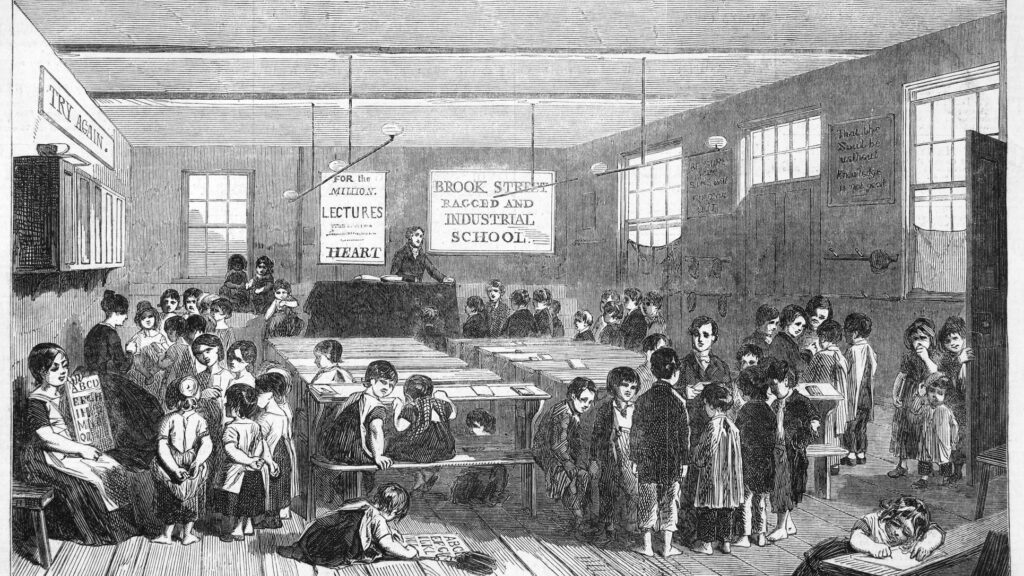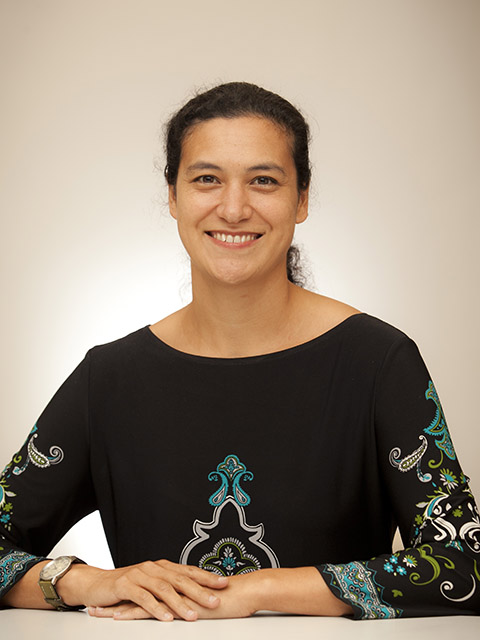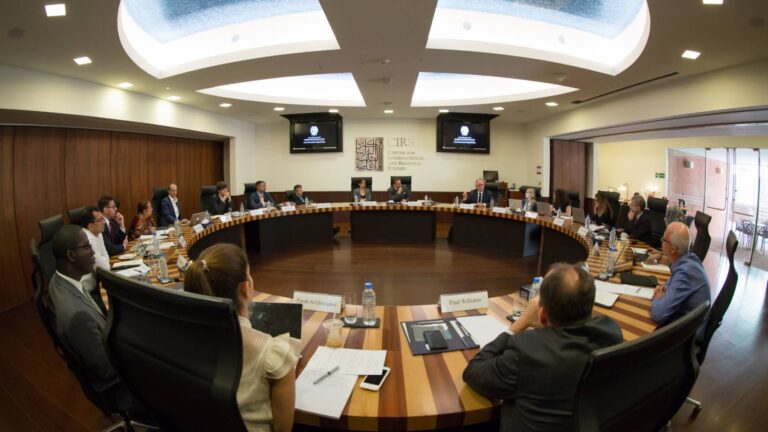The Gospel of Work and Money: Global Histories of Industrial Education

Background and Scope
Beginning in the early nineteenth century and continuing through the twentieth, industrial education programs developed by European and Euro-American policymakers and educators spread across the globe through myriad nation-states and empires. The goal of industrial schools was not to change the second-class status of people of color, the poor, and the colonized, but to instruct them to serve as docile, obedient and productive laborers while maintaining their civil and political disenfranchisement. In the US context, industrial schooling conditioned African Americans to dedicate their physical labor to the American economy and accept their inferior status under white rule. Following imperial capital exploitation in the colonized world, it became entwined with civilizing missions of various stripes and was deployed to service empires’ labor regimes.
The industrial education movement is understudied as a global phenomenon beyond individual empires and nations. Under the leadership of GU-Q Associate Professor Karine Walther and Dr. Oliver Charbonneau of the University of Glasgow, CIRS has launched this project on “The Gospel of Work and Money” with the aim to build on emerging scholarly work in global and imperial history, the histories of childhood and education, the expansion of racial capitalism, and the uneven spread of colonial modernities. Through a series of workshops over the course of six months, scholars will work towards an edited volume that will advance a cross-disciplinary research agenda attending to global webs of exchange and bring hitherto disconnected historical topics into conversation with one another, connecting national and imperial histories to macro-historical themes of capital, labor, race, class, education, and imperially driven globalization.
This project is an important contribution under the CIRS research cluster on Race & Society and will cover such topics as:
- Origins of industrial forms of education in the UK and Europe
- Industrial education programs among African American and Indigenous populations in the 19th and 20th centuries
- Industrial education as it developed between the US and Africa
- American industrial education schemes in a Southeast Asia/trans-Pacific context
- Emergence of industrial education programs in India under British colonial rule
- Industrial education in the Ottoman Empire from the mid-19th century and beyond
- Industrial education programs in Latin American during the 19th and 20th centuries
- Post-WWII development of industrial education in the Middle East
- Industrial programs in the USSR and post-Soviet Russia during the latter half of the 20th century
- Decolonization of Native American education and industrial schooling in Native American schools
Project Contributors
- Elif Ekin Akşit – Ankara University
- Danya Al-Saleh – University of Wisconsin-Madison
- Lukas Allemann – University of Lapland
- Hossein Ayazi – Williams College
- Zahra Babar – Center for International and Regional Studies, GUQ
- Julia Bates – Sacred Heart University
- Joshua Frank Cárdenas – California Indian Nations College
- Bronwen Everill – University of Cambridge
- Mishal Khan – University of Texas at Austin
- Arun Kumar – University of Nottingham
- Janne Lahti – University of Helsinki
- Dolf-Alexander Neuhaus – Free University Berlin
- Sarah Steinbock-Pratt – University of Alabama
- Helge Wendt – Max Planck Institute for the History of Science
- Christine Whyte – University of Glasgow

Faculty Lead
Karine Walther
Associate Professor at Georgetown University- Qatar

Faculty Lead
Oliver Charbonneau
Lecturer in American History at University of Glasgow
